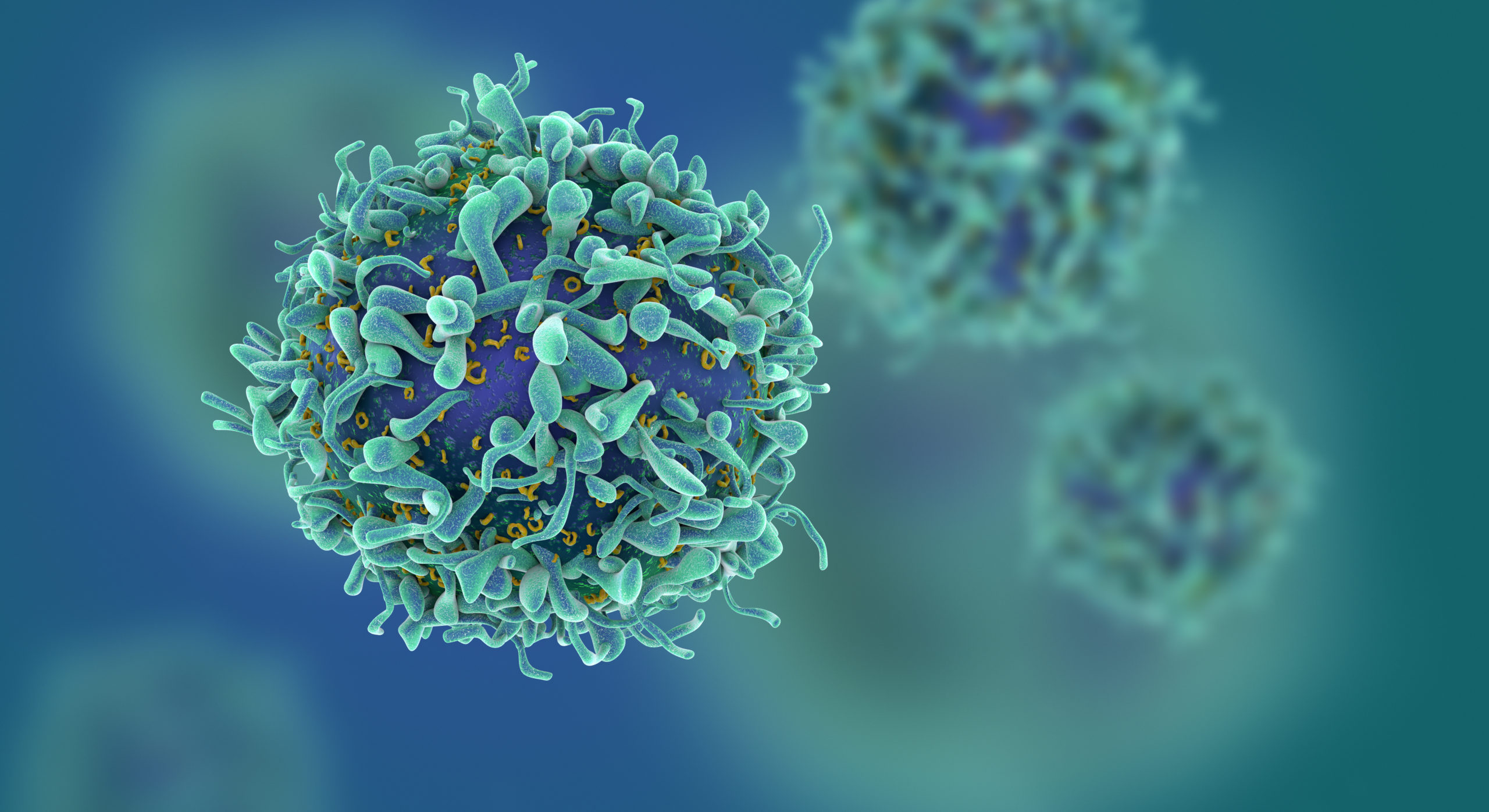Tag: Research
-

Improving Models to Study the Human Heart
Northwestern Medicine scientists have developed a new method of measuring and optimizing the maturation process of cultured heart cells, an approach that will set the future standard for a commonly used cell model in scientific research, according to details published in Cell Reports.
-

Gene Therapies Could Transform Treatment of Rare Blood Disorders
A new gene therapy could revolutionize treatment for two rare genetic blood disorders, according to a pair of trials published in the New England Journal of Medicine.
-

Children With Skin Diseases Suffer Stigma, Bullying and Depression
A study has shown the majority of children and teens with chronic skin diseases feel stigmatized by peers for their condition, are sometimes bullied, and often suffer from depression and anxiety.
-

Tech Can’t Replace Human Coaches in Obesity Treatment
In obesity treatments, patients who only received technology assistance were less likely to show weight loss than those who also received help from a human coach, according to a new study.
-

New Mechanisms Underlying Tumor Variety in Brain Cancers Discovered
Investigators have discovered new mechanisms underlying intratumor heterogeneity and treatment resistance in meningiomas, the most common type of primary central nervous system tumor, according to a recent study published in Nature Genetics.
-

Novel Genetic Mechanisms May Serve as Therapeutic Target Against Glioma
A recent study from the laboratory of Shi-Yuan Cheng, PhD, has identified novel mechanisms underlying RNA splicing events within glioma tumor cells, mechanisms which may serve as novel therapeutic targets, according to findings published in The Journal of Clinical Investigation.
-

Genetic Variation Linked to Increased Risk of Pick’s Disease
A unique genetic variation in the MAPT gene was associated with increased risk of Pick’s disease, a rare form of frontotemporal dementia, according to a recent study published in The Lancet Neurology.
-

Leading Prostate Cancer Research for More than 20 Years
Prostate cancer is the most common type of cancer in men and is currently the second-leading cause of death in men in the U.S. In 2001, the National Cancer Institute established seven Specialized Programs of Research Excellence (SPORE) in prostate cancer across the U.S., one of which includes the Robert H. Lurie Comprehensive Cancer Center…
-

How Herpes Hijacks a Ride into Cells
Northwestern Medicine scientists have discovered how herpes viruses hijack cellular transport processes to infiltrate the nervous system, according to a study published in the Proceedings of the National Academy of Sciences.
-

Weight Loss Drug Shows Benefits for Heart Failure
Semaglutide, sold under brand names Ozempic and Wegovy, can help reduce heart failure symptoms and reduce heart failure hospitalizations in patients with obesity, according to a pair of studies published in The Lancet and The New England Journal of Medicine.






